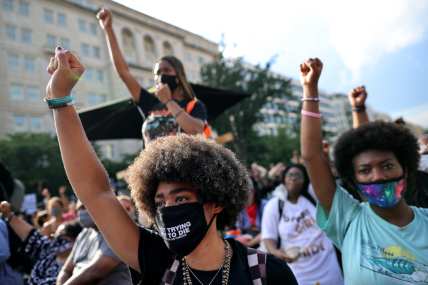Freedom Papers: 6 books to inspire on this Independence Day
Whether you celebrate the Fourth of July, Juneteenth, both, or neither, if you believe in racial justice and equality, let these books inspire your quest for independence.
“What, to the slave, is the Fourth of July?” Frederick Douglass famously asked during an anti-slavery address at Rochester, New York’s Corinthian Hall on July 5, 1852 (you can hear James Earl Jones read the entire speech here). Almost 170 years to the day, that question still rings true for many of us technically free, but still deeply disenfranchised Americans, making any celebration of America’s emancipation…complicated, to say the least.
While many Black Americans have increasingly reclaimed Juneteenth as our Independence Day, our ongoing quest for equality should never be relegated to a single day, month, movement, or conversation. Neither should it be left to the whims, graces, biases, and inherent fallibility of the white gaze or a predominantly white electorate.
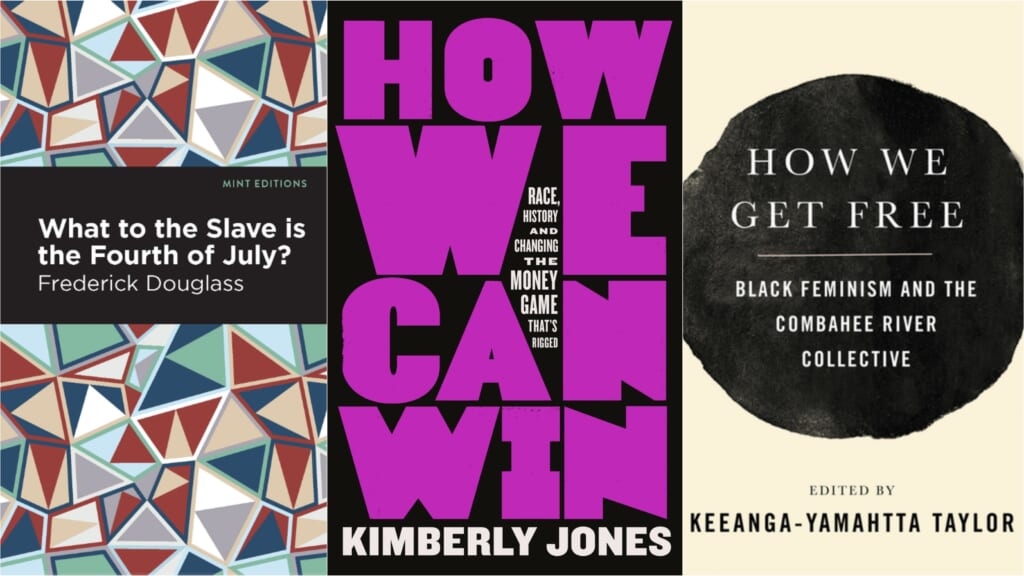
“We can simultaneously talk about what is owed to us by this nation—which for the record, is a lot—and how [there are] things that we need to do internally,” said author-activist Kimberly Jones in conversation with theGrio earlier this year. “We have to do them [simultaneously] because of how we’ve been impacted…but that doesn’t change the fact that we need to start having the internalized conversations. We need to start talking about healthy and whole families within the community. We need to start utilizing resources amongst the community to lift up the least of them.
“Literature is a delicious way to nurture empathy,” Jones later added. “Because the most revolutionary thing any of us can do is self-improvement.”
With that in mind, we’ve compiled a list of recommended reading to not only bolster your independence and intentions this July 4, but any day of the year.
How We Can Win: Race, History and Changing the Money Game That’s Rigged, Kimberly Jones (Macmillan, 2022)
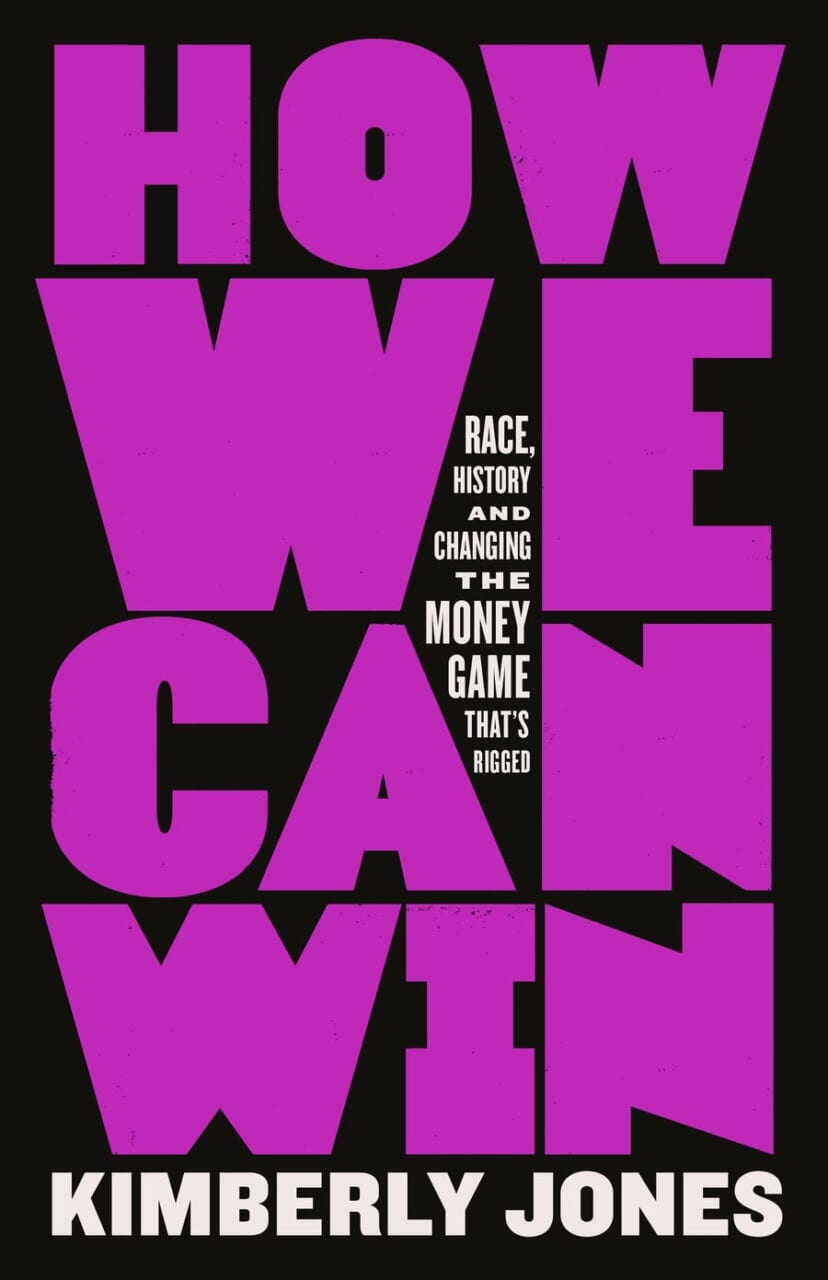
At nine years old, Kimberly Jones made national news for offering her unapologetic opinion on the policies and impact of then-President Ronald Reagan. In 2020, Jones made headlines again, as an impromptu and emotional speech she made on the streets of Atlanta went viral, calling out not only the “racial reckoning” of so many American cities and communities but the deleterious effects of intra-racial classism, respectability politics, and long-held apathy, as well.
Using her proclivity for “research over me-search,” in 2022, Jones brought both her activist sensibilities and deep historical knowledge to bear in her third book, How We Can Win. Reflecting on the brief “patches in history” where things were actually improving for Black Americans— economically, socially, and politically—Jones proposes, in her words, a “Reconstruction 2.0.”
Just Us: An American Conversation, Claudia Rankine (Graywolf Press, 2020)
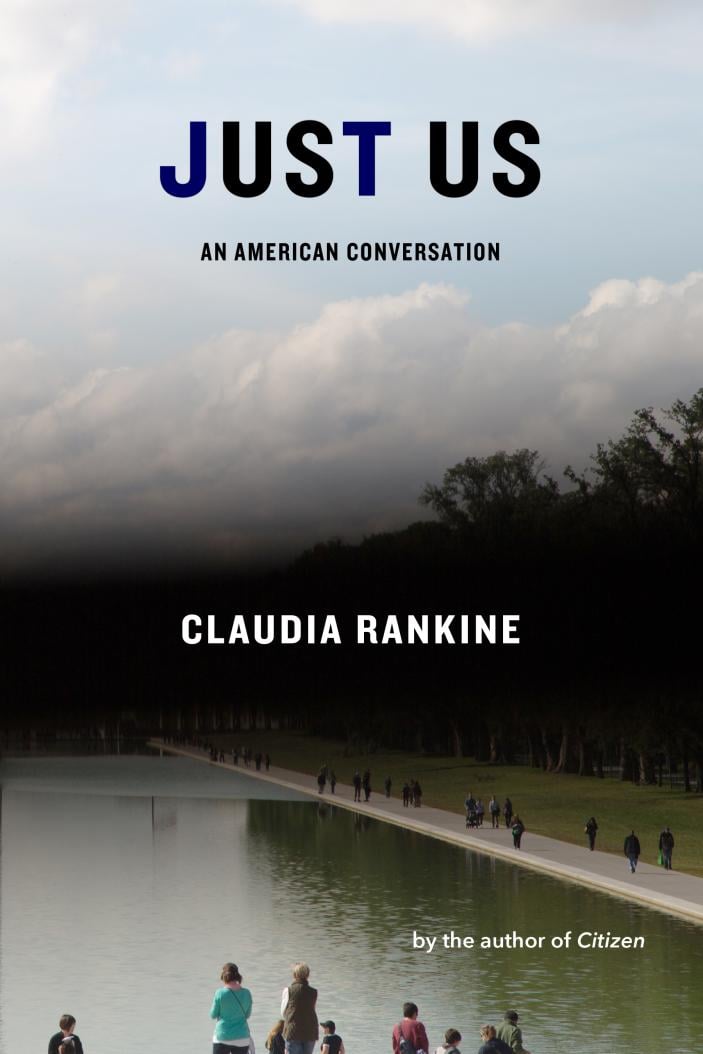
In 2014, poet and academic Claudia Rankine scored a bestseller and numerous awards with her book of poems and lyric essays, Citizen: An American Lyric. In 2020, she seemed to prove almost prescient with Just Us: An American Conversation, poignantly unpacking casual racism (often cloaked in liberalism), symbology, microaggressions, and even her own marriage in this searing, multi-medium offering that cuts to the core of how racial injustice is ingrained in American culture.
All the White Friends I Couldn’t Keep: Hope—and Hard Pills to Swallow—About Fighting for Black Lives, Andre Henry (Convergent Books, 2022)
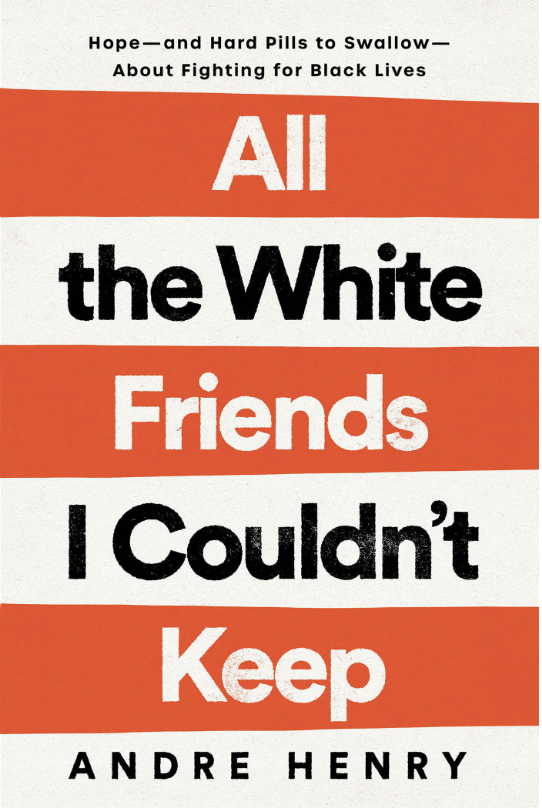
No, we’re not suggesting you get rid of your white friends—many are both lovely and quite supportive and helpful, given the chance. But as many of us have learned in a brutal fashion, some white friends simply can’t handle the truth about racism—or even that it exists, at all. Henry takes us on his own difficult journey of excavating—and in some cases, eradicating—those tenuous bonds, as he finds a way forward that unflaggingly centers Blackness as its North Star.
The Devil You Know: A Black Power Manifesto, Charles Blow (HarperCollins, 2021)
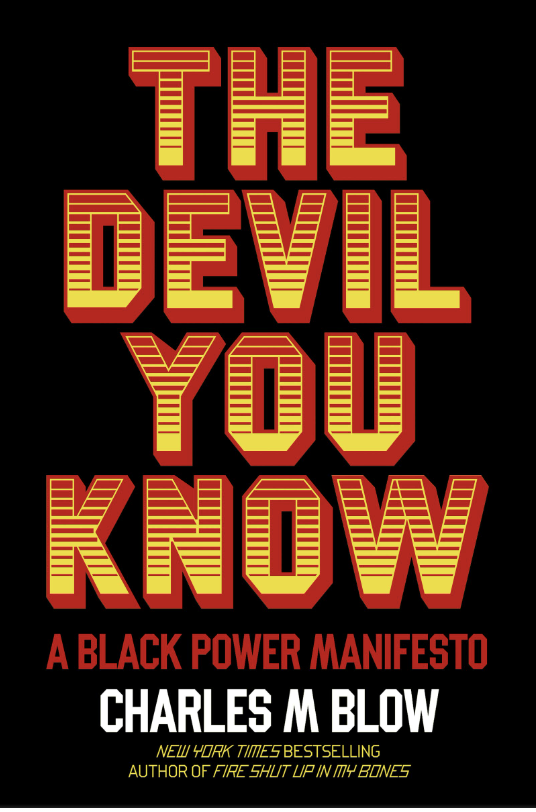
Bestselling author and journalist Charles M. Blow has never been known to mince words, but in The Devil You Know, he makes a most unexpected proposition in favor of hacking the American electoral system. The question posed: should the descendants of the Great Migration retrace their ancestors’ steps for the purpose of reclaiming the South and turning historically red states blue? For many of us born and bred in Northern—or historically “free” states—the idea may seem preposterous, but as ever, Blow, himself a reverse migrationist, makes an intriguing argument, cutting to the core of what it means to be free, and what Black power could really look like.

America is traumatizing for Black people
How We Get Free: Black Feminism and the Combahee River Collective, ed. by Keeanga-Yamahtta Taylor (Haymarket Books, 2018)
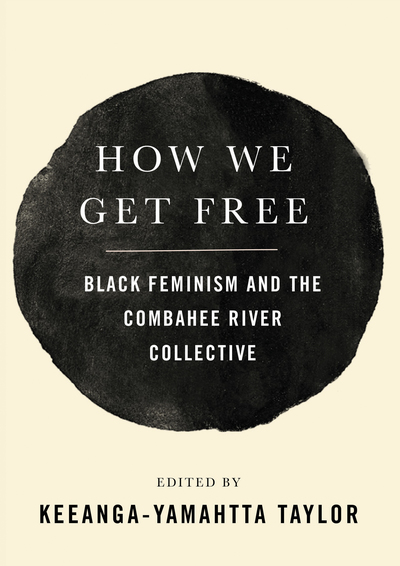
All praises due to acclaimed Professor Kimberlé Crenshaw, but it’s likely she’d be among the first to say you can’t talk about intersectionality without discussing the Combahee River Collective. The late-20th-century, Boston-based, Black feminist lesbian and socialist organization called out both the second-wave feminist movement and the civil rights movement for overlooking the specific oppressions women of color and/or queer communities face, understanding that until all of us are free, none of us can be. This is a piece of the Black canon that should be required reading for all.
What to the Slave is the Fourth of July?, Frederick Douglass (Mint Editions―Black Narratives, 2021)
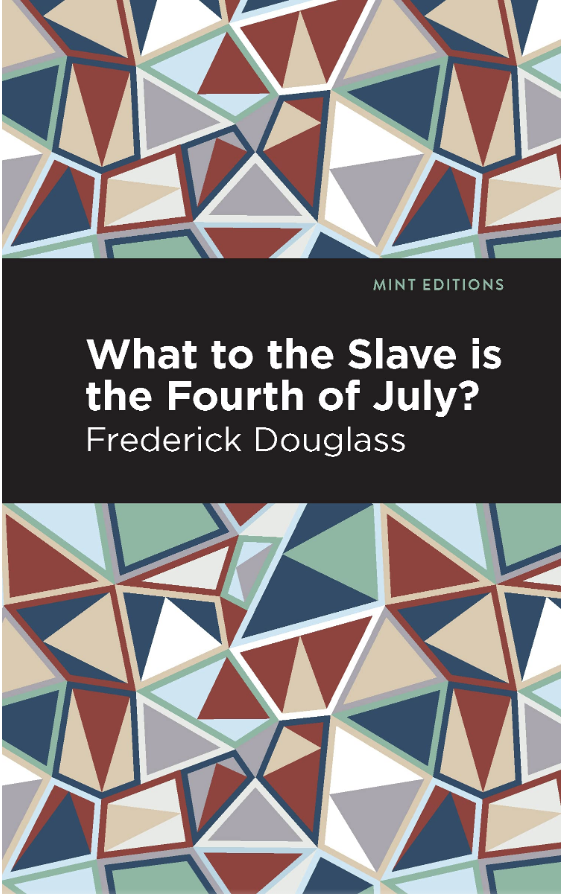
Much has changed since Frederick Douglass advocated for the abolition of chattel slavery. Too much more has not. This transcript of his now-classic speech is not only a reminder of how far we’ve come but how far we still have to go before the so-called “American Dream” is accessible to all Americans.
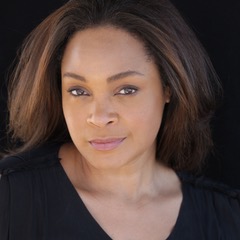
Maiysha Kai is theGrio’s lifestyle editor, covering all things Black and beautiful. Her work is informed by two decades’ experience in fashion and entertainment, great books and aesthetics, and the brilliance of Black culture. She is also the editor-author of Body (Words of Change series).
TheGrio is FREE on your TV via Apple TV, Amazon Fire, Roku, and Android TV. TheGrio’s Black Podcast Network is free too. Download theGrio mobile apps today! Listen to ‘Dear Culture’ with Panama Jackson.
